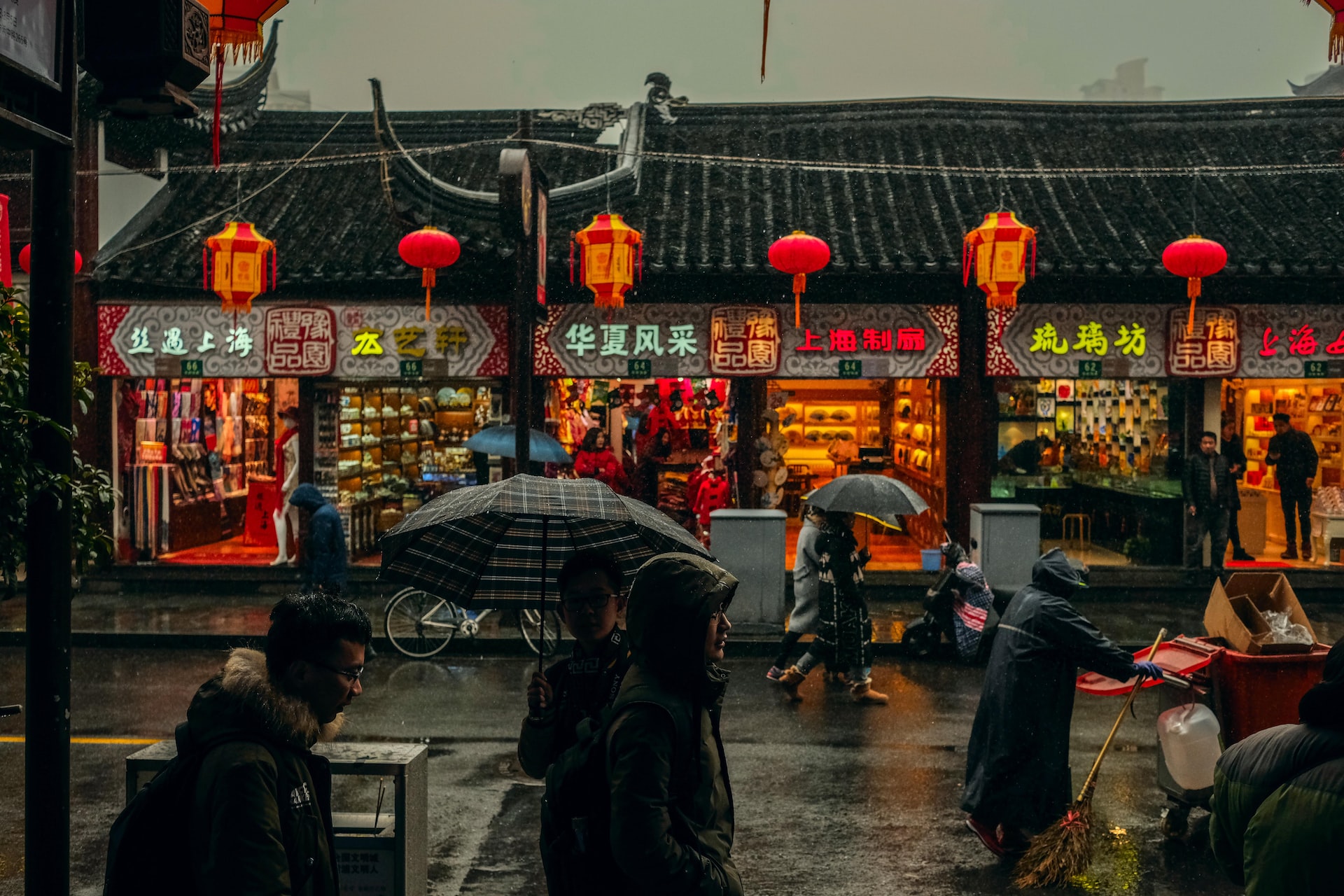Jamie Gruffydd-Jones explains why Chinese leaders are so determined to prevent United Nations’ scrutiny.
The United Nations’ human rights body faces much scrutiny following a vote which rejected a motion to debate China’s treatment of Uyghur Muslims in Xinjiang.
The motion, which was based on a report written by the UN’s human rights commissioner, Michelle Bachelet, was branded by the Chinese government as a slanderous and defamatory. And it is clear that Beijing pushed very hard to prevent even a non-binding debate on its actions in Xinjiang – as it did to try and prevent the report from coming out in the first place.
Dr Jamie Gruffydd-Jones, Lecturer in Politics and International Relations, explains why Chinese leaders are so determined to prevent United Nations’ scrutiny:
‘Criticism that comes only from the United States and other Western countries gets a robust response from diplomats, but in reality, is not especially damaging to the Chinese Communist Party. It is reported on pretty widely in state media, and there’s evidence that hearing about it may even bolster public support for their government’s policies.
‘But the UN is a different story, especially now. Whereas in the past the UN could be portrayed as an American proxy, the CCP has spent years cultivating a strong relationship with the organisation. Scrutiny from the UN – at least if it also includes non-Western voices – is much harder to frame to the public as a hostile Western attempt to put China down. And the UN report on China last month – unlike criticism from the US – was barely mentioned in Chinese media.
‘The more non-Western states that join in on this criticism, the harder it is to portray this all as an American plot – both abroad and at home. The risk for the CCP was that any UN debate would help to tip this balance”
Jamie Gruffydd-Jones’ new book, ‘Hostile Forces: How the Chinese Communist Party Resists International Pressure on Human Rights’ (Oxford University Press) argues that while international pressure may embarrass China’s leaders on the international stage, it may, in fact, benefit them at home.





